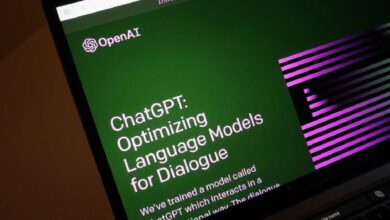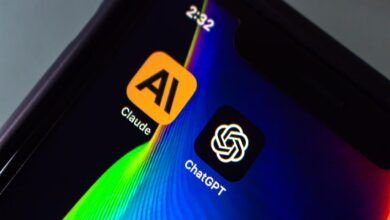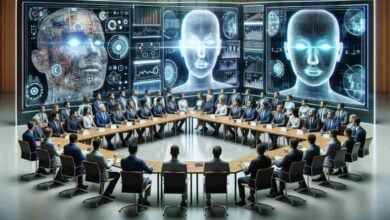AI Development Insights: OpenAI Discusses Copyrighted Material in ChatGPT

OpenAI, the developer behind the groundbreaking chatbot ChatGPT, has emphasized the necessity of access to copyrighted material for creating advanced tools like theirs. The use of copyrighted content has become a focal point of scrutiny for artificial intelligence firms developing products such as ChatGPT and image generators like Stable Diffusion.
These chatbots and generators undergo a process of training. In this process, they learn from extensive datasets sourced from the internet. However, a sizable portion of this data is copyright-protected. It is a legal precaution against unauthorized use of someone else’s creativity.
In recent events, the New York Times took legal action against OpenAI and Microsoft. Microsoft, a prominent investor in OpenAI and a user of its tools in its products, was accused of engaging in the “unlawful use” of the New York Times’ work to develop their respective AI products. This lawsuit adds to the growing pressure on AI firms regarding the content used in the training of their artificial intelligence models.
OpenAI‘s assertion highlights the challenging balance these firms must strike between innovation and legal considerations surrounding copyright. The debate around the ethical and legal dimensions of utilizing copyrighted material for training AI models continues to evolve, with implications for the future development of advanced technologies in the artificial intelligence landscape.
Experience ChatGPT in a New Way: Free Voice Feature for Everyone
In a formal statement provided to the House of Lords communications and digital select committee, OpenAI conveyed its essential need for access to copyrighted materials to train large language models like GPT-4, the technology behind ChatGPT.
OpenAI clarified that contemporary copyright protection extends to a wide array of human expressions, encompassing blog posts, photographs, forum contributions, snippets of software code, and government documents. They emphasized that training leading AI models, such as GPT-4, would be impractical without utilizing copyrighted content. The Telegraph first reported on OpenAI’s submission.
The organization contended that relying solely on out-of-copyright books and drawings for training data would result in inadequate AI systems. While experimenting with public domain materials from over a century ago might be interesting, it would not yield AI systems meeting the requirements of present-day citizens, according to OpenAI.
OpenAI Finally Allows Full Internet Access To ChatGPT
In response to the New York Times (NYT) lawsuit, OpenAI reiterated its respect for the rights of content creators and owners. AI companies commonly rely on the legal concept of “fair use,” permitting the use of content under specific circumstances without requiring the owner’s permission, as part of their defense for utilizing copyrighted material. OpenAI asserted in its submission that, from a legal perspective, copyright law does not prohibit the training of AI models. The NYT lawsuit is one of several legal challenges faced by OpenAI. In September, prominent authors such as John Grisham, Jodi Picoult, and George RR Martin were part of a group of 17 authors suing OpenAI.
PTA Taxes Portal
Find PTA Taxes on All Phones on a Single Page using the PhoneWorld PTA Taxes Portal
Explore NowFollow us on Google News!





